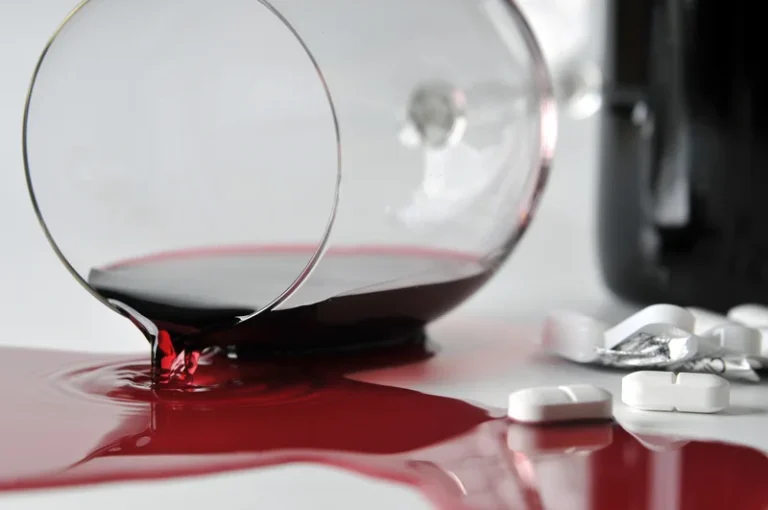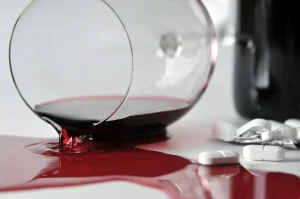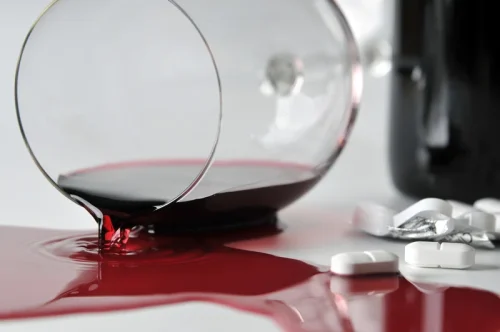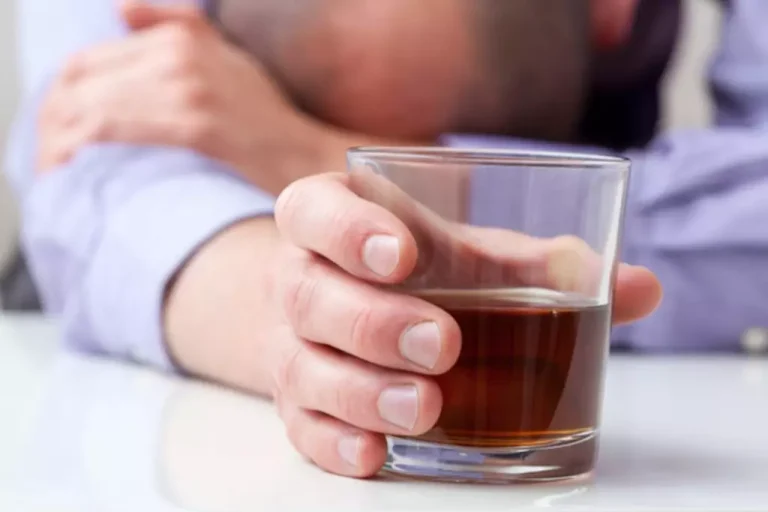
At any rate, an admission of powerless does not mean you are weak or pathetic. Alcoholics Anonymous, more casually known as A.A., is built upon a simple set of 12 steps in order to achieve daily sobriety. Lazare Shadzeka is a Board Certified Psychiatric Mental Health Nurse Practitioner via the American Nurses Credentialing Center, with privileges in Maryland and Washington DC.
- Once you’ve completed Step One and progressed further in your recovery, you may find yourself in a position to help others who are just beginning their journey.
- We let this Power remove the problem by practicing the rest of the steps as a way of life.
- A resident of Gaithersburg, Michael has planted roots and established a network in the local recovery community.
- Taking the first step as an alcoholic is the most courageous act in recovery.
- Building a strong support network through sobriety support groups and community resources provides essential reinforcement during these turbulent times.
Family Nurse Practioner
This step is about taking responsibility for our lives, recognizing the need for help, and committing to a recovery program. At The Kimberly Center, we know that acknowledging powerlessness isn’t easy, but we want to help simplify the recovery process. Call us now at KCENTER so that we can help you tackle the first steps of your recovery.

How Can You Reach Step 1 of AA?
If you can grasp this knowledge, you will become a recovering, strong person. Moreover, understanding this Act underscores the role of the AA community in advocating for members who may benefit from such interventions. It reinforces the collective need to support each other through different facets of recovery, including those that legally protect and assist individuals in crisis. This knowledge not only guides personal action plans but also strengthens community efforts to facilitate a comprehensive recovery journey for all members. It wasn’t until I had a full understanding of this word that my spiritual journey really was able to begin. I saw that I was worse than I knew, but understanding the problem helped me accept the solution.
- Her innovative approach as Director of Operations gives her clients a safe and compassionate place at The Freedom Center to begin their recovery journey.
- I saw that I was worse than I knew, but understanding the problem helped me accept the solution.
- These reflections are catalysts for hope, reinforcing the belief that recovery is not only a destination but a fulfilling journey.
- The 12-step road to recovery can appear pretty intimidating to someone who is just starting out, but solutions exist.
- We offer renowned clinical care and have the compassion and professional expertise to guide you toward lasting recovery.
- But for those of us struggling with alcohol addiction or other substance use disorders, logic fails to break the cycle.
The Science of Step 1: How Being Powerless Empowers Your Recovery
The phenomenon of craving is central to understanding why addiction is more than just a bad habit—it’s a disease. As explained in the Big Book of Alcoholics Anonymous, this physical allergy makes it impossible for us to use alcohol or drugs in moderation. Once we take the first drink or drug, a chemical reaction triggers an uncontrollable desire for more. This reaction is unique to examples of powerlessness over alcohol those of us struggling with substance use disorders, setting us apart from people who can casually use without consequence. The 1st Step of AA is a powerful reminder that admitting powerlessness is not the end—it’s the beginning of our fulfilling life in recovery. It invites us to break free from the chains of addiction and embrace a journey of hope, healing, and transformation.

They can’t help you break your addiction, and they feel stuck in uncomfortable positions while they make excuses for https://ecosoberhouse.com/ your drinking. By admitting that you are currently powerless, you make room to restore power by seeking assistance. At that point, you may discover it’s easy to move on to Step 2 of AA—and all the ones that follow.

Applying Powerlessness to Broader Life Challenges

Alexandra oversees all operations with The Freedom Center to ensure clients are given the best chance at success. She works with The Freedom Center team to develop and implement policies, procedures and oversees Intakes and Transportation. Alexandra works with Admissions and Clinical Departments for scheduling client admissions, transfers, discharges and outside appointments while maintaining positive relationships with all clients. Her primary focus is to provide all clients with a safe, structured environment while coordinating their care. Alexandra understands addiction from both familial and personal standpoints, as she is active in her own recovery. Alexandra is a mother, a daughter, a sister, a friend and has learned the value of recovery and succeeding in whatever she sets her mind to.
How Therapy Dogs Help with PTSD

This step remains relevant in every stage of recovery, continually reinforcing the principles of humility, surrender, and self-awareness. Step One might seem daunting, but it’s also the step where hope begins to emerge. By honestly Substance abuse confronting your powerlessness and the unmanageability that addiction has brought into your life, you’re taking a courageous step toward a brighter future.

